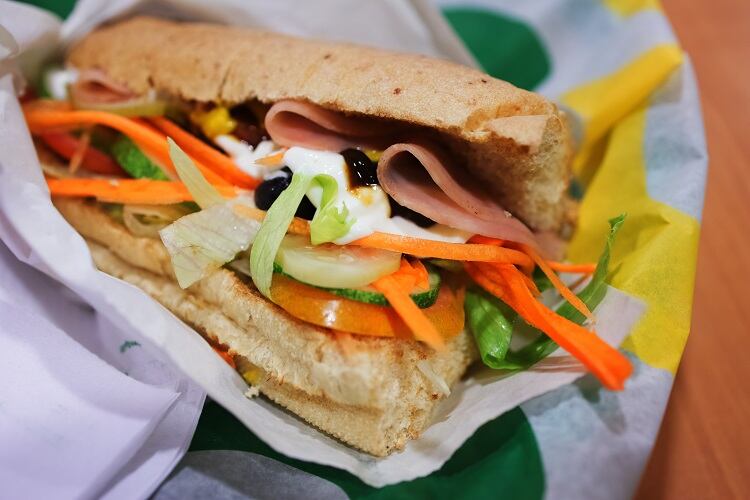Earlier this week (29 September 2020), Mr. Justice O’Donnell rejected an appeal concerning the classification of Subway’s loaves.
According to the supreme court judge, the fast food chain’s rolls cannot be legally classified as bread for tax purposes.
The judgement comes four years after Subway’s Irish franchisee, Bookfinder Ltd, claimed it was owed a refund from January/February 2005 to November/December 2005. During this period, the company paid VAT at a composite rate of 9.2%
Bookfinder believed it should have been subjected to 0% VAT. Indeed, bread is traditionally regarded a ‘staple food’, and some staple foods are exempt from VAT. This is confirmed in Ireland’s Value-Added Tax Act of 1972, which lists staple foods to include tea, coffee, cocoa, milk, ‘preparations and extracts of meat, yeast, or egg’, and bread.
In the same Value-Added Tax Act, bread is defined as a food made for human consumption, manufactured by baking dough composed exclusively of a mixture of cereal flour and any one or more of yeast, salt, malt extract, milk, water, and gluten.
Significantly, “fat, sugar and bread improver…shall not exceed 2% of the weight of flour included in the dough,” notes the Act.
The sugar content in Subway’s bread was found to exceed the 2% limit, five-fold, which pushes the product into the confectionery or fancy baked goods category. As the supreme court noted: “In this case, there is no dispute that the bread supplied by Subway in its heated sandwiches has a sugar content of 10% of the weight of the flour included in the dough.”
Subway did not respond to a request for comment ahead of publication.


